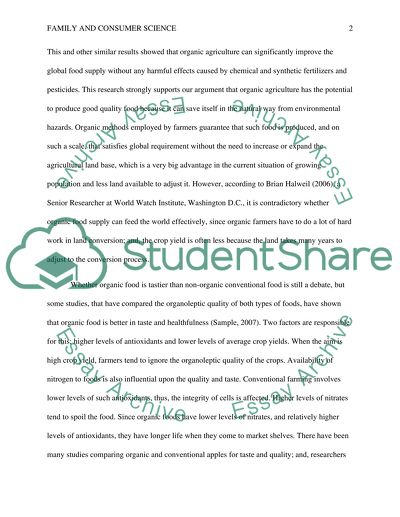Cite this document
(“What Makes a Food Organic Essay Example | Topics and Well Written Essays - 1250 words”, n.d.)
Retrieved from https://studentshare.org/family-consumer-science/1454899-what-makes-a-food-organic
Retrieved from https://studentshare.org/family-consumer-science/1454899-what-makes-a-food-organic
(What Makes a Food Organic Essay Example | Topics and Well Written Essays - 1250 Words)
https://studentshare.org/family-consumer-science/1454899-what-makes-a-food-organic.
https://studentshare.org/family-consumer-science/1454899-what-makes-a-food-organic.
“What Makes a Food Organic Essay Example | Topics and Well Written Essays - 1250 Words”, n.d. https://studentshare.org/family-consumer-science/1454899-what-makes-a-food-organic.


